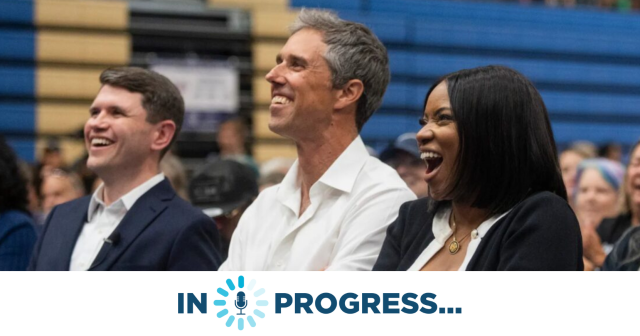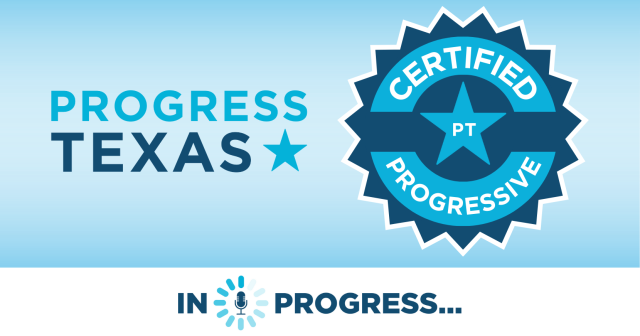Whose Interests Will the Super Committee Members Represent?
This blog post was originally posted on Half in Ten.
The deal to raise the debt ceiling set up a bipartisan “super committee” comprised of six members of the House and six members of the Senate tasked with finding $1.2 trillion to $1.5 trillion in additional budget savings over the next 10 years. Everything from raising taxes to cutting Social Security and Medicaid will be on the table.
A “cuts only” approach to deficit reduction, pursued thus far by conservatives, would force painful cuts in effective programs that strengthen the middle class and protect the most vulnerable, while leaving tax breaks for the wealthiest Americans and most profitable corporations off the table.
Super committee members have a choice: to represent the interests of their constituents or protect the wealthy and special interests. With so many of their constituents living in poverty, struggling to access good quality jobs, and relying on Social Security, Medicare, Medicaid and other effective services, the choice is clear.
We encourage the members of the super committee and their constituents to review their state or district profile below. We urge super committee members to make the choice for their constituents and protect programs that aid vulnerable families, strengthen the middle-class, ensure the wealthy and the special interests contribute their fair share, and invest in programs that create jobs and expand economic opportunity to all.
Super committee members:
Sen. Patty Murray (D-WA), Senate co-chair
Rep. Jeb Hensarling (R-TX-5), House co-chair
Sen. Max Baucus (D-MT)
Sen. John Kerry (D-MA)
Sen. Jon Kyl (R-AZ)
Sen. Rob Portman (R-OH)
Sen. Pat Toomey (R-PA)
Rep. Xavier Becerra (D-CA-31)
Rep. Dave Camp (R-MI-4)
Rep. James Clyburn (D-SC-6)
Rep. Fred Upton (R-MI-6)
Rep. Chris Van Hollen (D-MD-8)
DONATE
Your donation supports our media and helps us keep it free of ads and paywalls.








